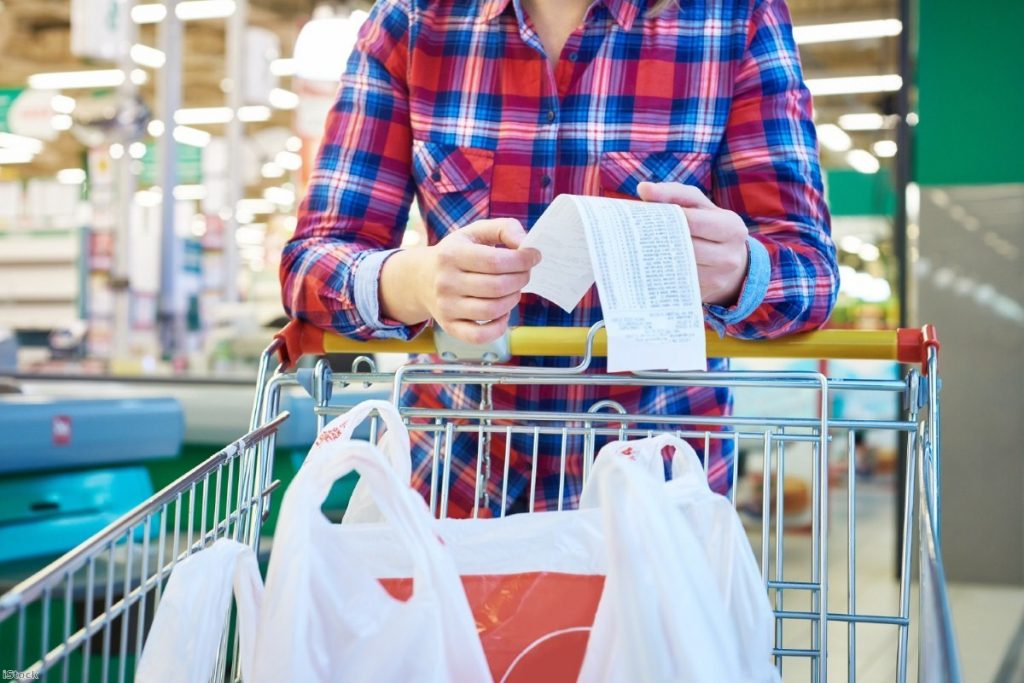By Peter Crosskey
We're about to enter a period in which the empty promises of the Brexiters come home to roost. Nowhere will this be more obvious than when it comes to food. Lurching from a customs union to a default WTO trading regime will wreak havoc on every link in the food supply chain.
The reason for this is simple. As a country, we are heavily reliant on food from overseas. The UK imports about half the food sold to British households. Our domestic food industry is a major buyer of lightly processed and unprocessed food imports, with imports topping £23 billion in 2014, according to official figures. In the European customs union, there is little or nothing to pay in tariffs on these goods.
So what impact will WTO tariffs have on cross-border agrifood trading? Earlier this year, researchers at the trade credit insurer Euler Hermes came up with a headline figure of an average 18.5% tariff for the sector.


This is an averaged-out figure for tariffs which would be applied to imports and exports, rather than any indication of across-the-board price rises. Some producers might try to dodge price increases by sourcing the ingredients domestically. But that is likely to be a rarity.
Food is already becoming more expensive because of the fall in sterling. That decline is about to steepen. Tariffs will accelerate and amplify market volatility.

It won't just be consumers paying the price though. Food producers also face a punishing future.
The UK has around 400,000 people working in agriculture, supplying raw materials for one or more of the UK's 8,000 or so food manufacturers. They in turn sell to about ten multiple retailers that control access to more than 60 million consumers. In their role as de facto gatekeepers, the retailers charge suppliers heavily and often.
For decades, supermarket suppliers at home and abroad have been paying huge sums of money just to be able to supply UK retailers. The practice has been so lucrative that it has been copied by multiple retailers up and down Europe. Special offers are invariably funded by suppliers, usually in the form of free product. Over the years, retailers have cheerfully trousered millions of pounds in what has been variously called 'shelf money', 'hello money', marketing support or what the UK Groceries Code Adjudicator coyly describes as "unfair practices". These can range from overpriced advertising space in glossy store magazines to packaging procurement through preferred suppliers.
To say that British multiple retailers have a stranglehold on their UK suppliers is an understatement. Whenever suppliers try to raise prices, they are usually told to find cost savings in their businesses. End of conversation. A hard Brexit will introduce an expensive twist in the commercial process for imported ingredients, in the form of a non-negotiable external price rise after March 2019. Producers' costs will rise significantly. Supermarkets will fight so they don't have to take on any of that cost themselves. The people who have always been squeezed will be squeezed again. And worse, this will take place against what looks set to be a drying up of consumer spending.
The impact will be felt a long way upstream. Livestock producers with indoor animals to feed, like pigs or poultry, will pay the tariff on imported animal feedstuffs, such as soya, for months before they can sell the finished animals. At the point of selling their output, livestock farmers are more often price-takers than price-makers.

Retailers may also struggle to buy directly from foreign food manufacturers. Selling to UK retailers was something European food exporters once used to do to boost their reputations at home. But many are already making alternative export plans for 2019. By the time the UK actually leaves the EU, its diminished status may make it a less impressive product destination anyway.
Meanwhile, UK food exporters face the prospect of having to sell abroad at a price disadvantage. This is due entirely to a political whim on the part of right wing hardliners with delusional notions that they can have their cake and eat it. A tariff is a tariff, and if you put them up it is harder for British exporters to sell their products overseas.
Common ground in EU politics is a scarce commodity. But the aggressive tone of the braying Brexiteers is rapidly eroding what little goodwill remains and driving the EU 27 into a shared frustration at the UK government’s sheer incompetence.
Across the food spectrum, costs will rise and business is about to get more difficult. Consumers will feel it in rising prices. But it is British food producers who will really bear the brunt.
In a former life Peter Crosskey was commodities editor on The Grocer, but he has spent most of this century writing about French food production and European food policy issues. He has written extensively for the ARC2020 website as its UK correspondent.
The opinions in politics.co.uk's Comment and Analysis section are those of the author and are no reflection of the views of the website or its owners.









